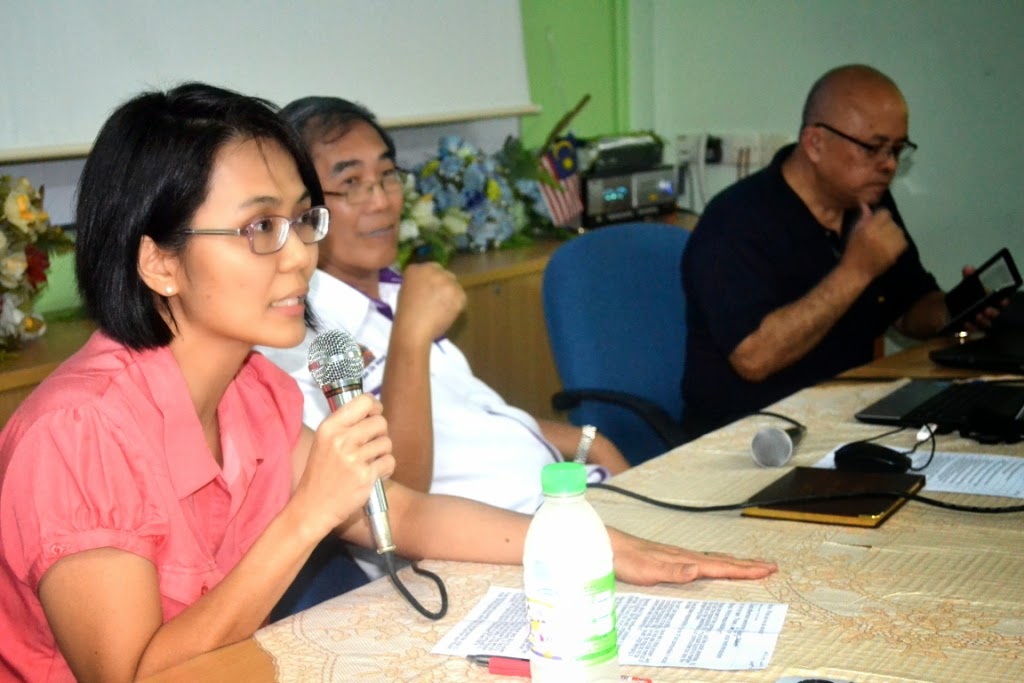Oct 4, 2013 By Victoria Brown
CATCH, kill, and get paid… That is pretty much the job description of private dog catchers in Malaysia.
According to my sources, private dog catchers are hired by local councils to catch and kill stray dogs and cats. They will be paid a sum for every stray dog or cat they catch, and the local council will entrust them with the responsibility to kill and dispose of the animal.
Of course nobody really knows what happens to the animal after they’re caught by dog catcher. The speculation by animal NGOs runs wild - are their necks broken, are they drowned, buried alive, administered lethal injections by untrained professionals? These questions still remained unanswered by Malaysian authorities.
Lately, the issue of dog catching in Malaysia has become somewhat of a hot topic. Especially after Malaysia Independent Animal Rescue’s (MIAR) video on MPKJ dog catcher’s cruel treatment towards the strays in the area.
MIAR’s president T. Puspa Rani said that she and her colleagues tried to save the dogs that were caught by the dog catchers.
However, their efforts to rescue the dogs were in vain due to a tiff that broke out between the MIAR members and MPKJ dog catchers.
“They blamed us for obstructing their duty, this implied to us that if they worked for the government they were above the law, which they aren’t,” said Rani.
Rani says that dogs are brutally caught and killed everyday by our local councils.
“Some councils do not provide proper shelter, food or water for their dogs as protocol requires them to. These dogs are kept for a period of seven days in this deplorable condition causing them to resort to killing each other out of starvation,” said Rani.
“Why kill these innocent lives? Why not spay or neuter them instead,” questions Rani.
“Dogs have been killed like this for years but that has not solved the stray problem in Malaysia,” said Rani.
I also spoke to the general manager of Malaysian Dogs Deserve Better (MDDB) Derene Lee about this issue, and she believes that stray management has been given commercial value by local councils.
“This is a very dangerous trend, especially since private dog catching companies are paid based on the number of dogs they catch,” said Lee.
“There have been many instances whereby pet owners have alleged that their pets were taken away by these private dog catching companies,” she said.
Lee said that these dog catching companies get these contracts with local councils through open tender for pest control work.
This means that these dogs are classified as pests and comes under the local council’s health department vector division, which is the department responsible for killing pests like mosquitoes and rats.
Imagine having dogs and cats, who some consider family, put in the same category as rats and mosquitoes. I find that piece of information a little hard to swallow, our dogs and cats are not pests who need to be exterminated!
Wong Ee Lynn, a senior SPCA volunteer, explains just how cruel the methods used to catch dogs in Malaysia are.
“From what I have observed, the most common method of catching roaming dogs in Malaysia is by using poles and rope nooses. This is impractical and cruel as it often causes severe neck and spinal injury and even death in dogs,” she said.
“Another method is by shooting. This is terrifying both to the animals and people in the vicinity,” said Wong.
“Dogs are often maimed or injured by the pellets, and even if the shooter is an expert marksman, it cannot be denied that accidents may occur, causing injury to non-target dogs, cats and other animals,” she added.
Wong said that dog catchers also use large nets on hoops and also more humane traps using food as bait.
She believes that catching and killing strays (which is what the local councils are doing right now) is not the answer. The ‘catch and release’ method is a far more effective solution to control the stray population.
“Stray and roaming dogs and cats should be trapped, neutered/spayed by veterinarians, allowed time for recovery and then released in the same place. This is the only humane and proper way to manage stray populations,” said Wong.
“Based on my experience, when roaming cats and dogs are forcibly removed and destroyed from a particular area, this enables other stray cats and dogs to move in and breed, so the cycle of cat and dog overpopulation continues,” she said.
That is why she believes that capturing and neutering stray cats and dogs and returning them to their former territory is a wiser option.
“This way, the number of roaming animals is kept stable. New cats and dogs will not move into an area where other cats and dogs have already established themselves,” said Wong.
Dr Ranjit Mendhir, who is a vet by profession and founder of Noah’s Ark Ipoh agrees that the ‘catch and release’ program is the right way to go.
“I don’t think culling is the solution to ending the stray dog population. Neutering dogs are the answer, nip it in the bud,” said Ranjit.
“Culling is a waste of public funds. And these private dog catchers even recycle the dogs. They will show the same batch of dogs to different councils to get paid,” she said.
Rather than going out there to catch and kill strays, Ranjit feels that the government should instead make it compulsory for pet owners to neuter their pets.
“They can do this by implementing a licensing fee for breeders who refuse to spay their pets,” said Ranjit.
She adds that educating the public on the importance of neutering pets is also essential.
I can’t understand why the government and local councils will not listen and work together with the animal NGOs.
I believe that managing the stray population will be much more effective in the long term if Malaysia implements the ‘catch and release’ program. Not to mention that it will be a more humane and cost effective (in the long term) solution.
What do you think? Do you think that culling strays is the answer to controlling the stray population? Share your thoughts in the comment section below.























